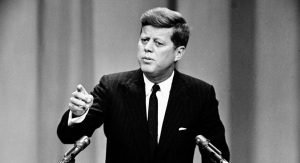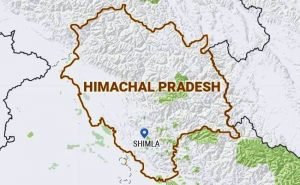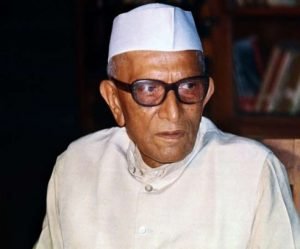This Day in History is DUE’s daily dose of trivia for all the history buffs out there. So sit back and take a ride of all the fascinating things that happened today!
People are trapped in history and history is trapped in people, and hence, every day has been a significant one in the foibles of history. Now, let’s take a tour of “This Day in History – 25th January”.
1881
Thomas Edison and Alexander Graham Bell established the Oriental Telephone Company of New York and the Angle-Indian Telephone Company Ltd. on January 25, 1881. They had the licensed to sell telephones in countries like Turkey, India, China, Japan; etc.
Countries receiving phones had 3-digit numbers. Eventually, it changed to 4,5 and then finally 7. The reason why the company dissolved has been unclear. But according to a source, some of these phones lines are still functional.

1882
Adeline Virginia Woolf, a popular English writer was born on January 25, 1882, in an affluent household of London. She was the seventh child in a blended family of eight. In 1915, she published her first novel. In the following years, she published her best works including Mrs Dalloway, To the Lighthouse and Orlando.

Woolf was always troubled with mental illness in her life. She was institutionalized many times and attempted suicide twice. Bipolar Disorder may have been the illness, but they had no treatment for it then. However, she died by drowning herself in the River Ouse in 1941. Today she is considered as one of the most important modernist 20th-century writers. Along with this, she is also credited with inspiring feminism.
1924
Winter Olympic Games are the popular international multi-sport event that is held today for once in every four years for sports played in ice and snow. The first Winter Olympic Games were held in Chamonix and Haute-Savoie, France. French Olympic Committee started it on January 25 till February 5, 1924. Back then the event became popular as “International Winter Sports Week”. Additionally, the original five sports were ice hockey, curling, bobsleigh, Nordic skiing and skating.

1961
On January 25, 1961, President John F. Kennedy had the first nationally televised presidential news conference. It was carried live on both radio and television. In an interview, his press secretary said that this would allow people to see the full picture. Before this, President Woodrow Wilson held the first presidential press conference on March 15, 1913. Even President Eisenhower held the first televised (film footage) press conference on January 19, 1955. But President Kennedy was the first to use television to address the American public live.

1971
The northern state of Himachal Pradesh, known for its landscapes and hill stations was a part of the Punjab Province under the British rule. After independence, it became a Union Territory. But on December 18, 1970, the Parliament passed the Himachal Pradesh Act. Hence, a new state i.e. Himachal Pradesh came into being on January 25, 1971. Y.S Parmar became the first Chief Minister.

Today this progressing state is regarded as one of the most popular tourist destinations. Moreover, on every January 25, the state celebrates “Himachal Day” marked with a public holiday.
1980
Mother Teresa who was born in Macedonia, joined a group of nuns in Ireland at the age of 18. She arrived in India in 1929 and worked as a teacher. However, in 1950 she decided to start the Missionaries of Charity. This mission served a noble cause as it provided care for those who remained neglected. Pope Paul VI declared it an international religious family.
The selfless personality was widely regarded for her noble work. This included taking care of abandoned and ill. As a result, she received the Bharat Ratna on January 25, 1980. Today, she is one of the five women who have been awarded the highest civilian award of India.

1991
Morarji Desai, an Indian Independence activist was a strong competitor for the position of Prime Minister after the death of Lal Bahadur Shastri in 1966. He lost the election to the popular political figure Indira Gandhi. However, after the emergency was lifted in 1977, his Janata Party along with other oppositions defeated the Congress Party. Subsequently, Desai became the first Non-Congress Prime Minister. Additionally, he was the oldest person to hold the prime minister office at 81.
Desai received international fame for peace activism. He created efforts to initiate peace with Pakistan. Additionally, he helped in restoring friendly relations with China and Pakistan after the first nuclear test in 1974. The nobleman then received Bharat Ratna on January 25, 1991. In addition to this, he was also awarded the highest civilian award of Pakistan, the Nishan-e-Pakistan in 1990.

